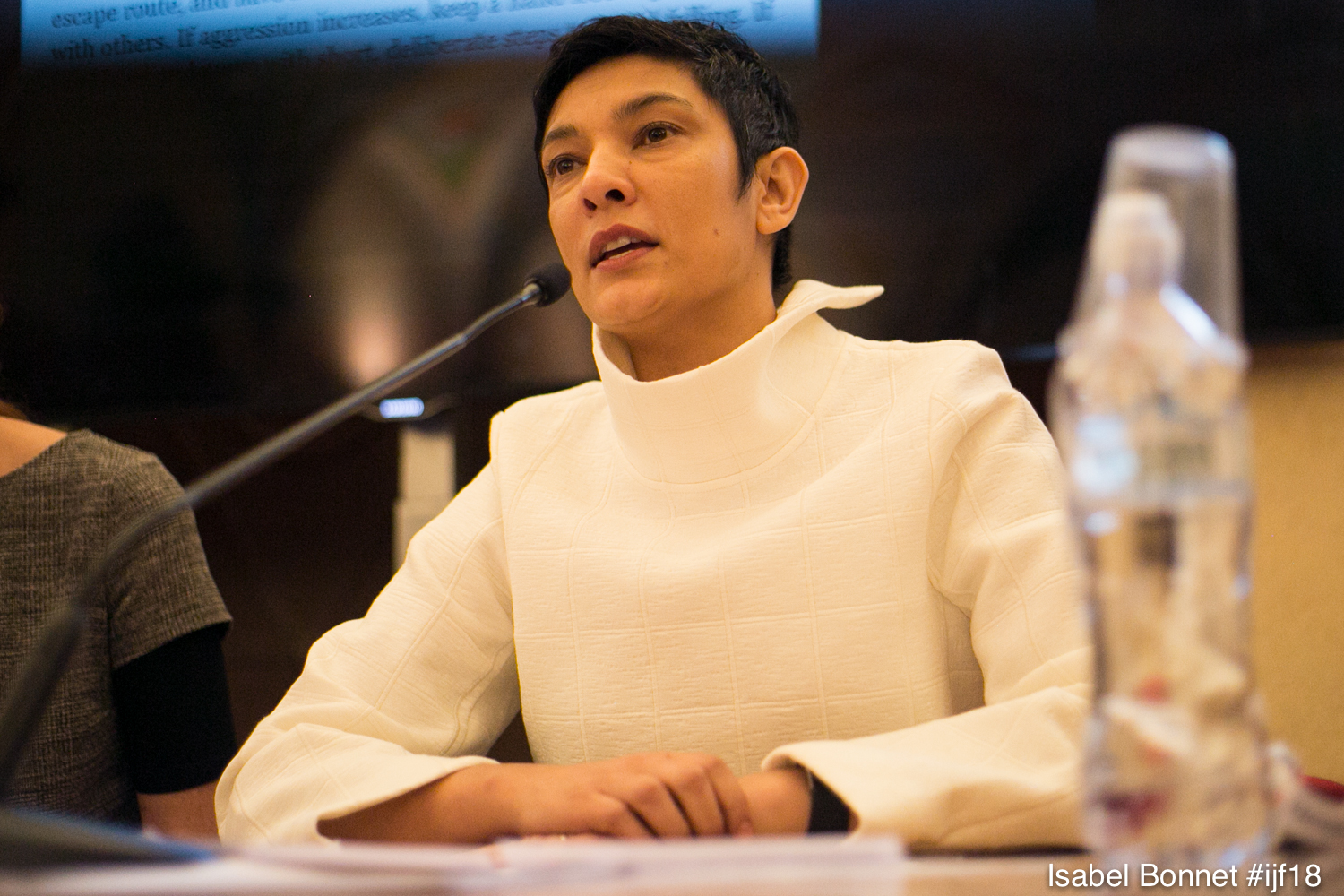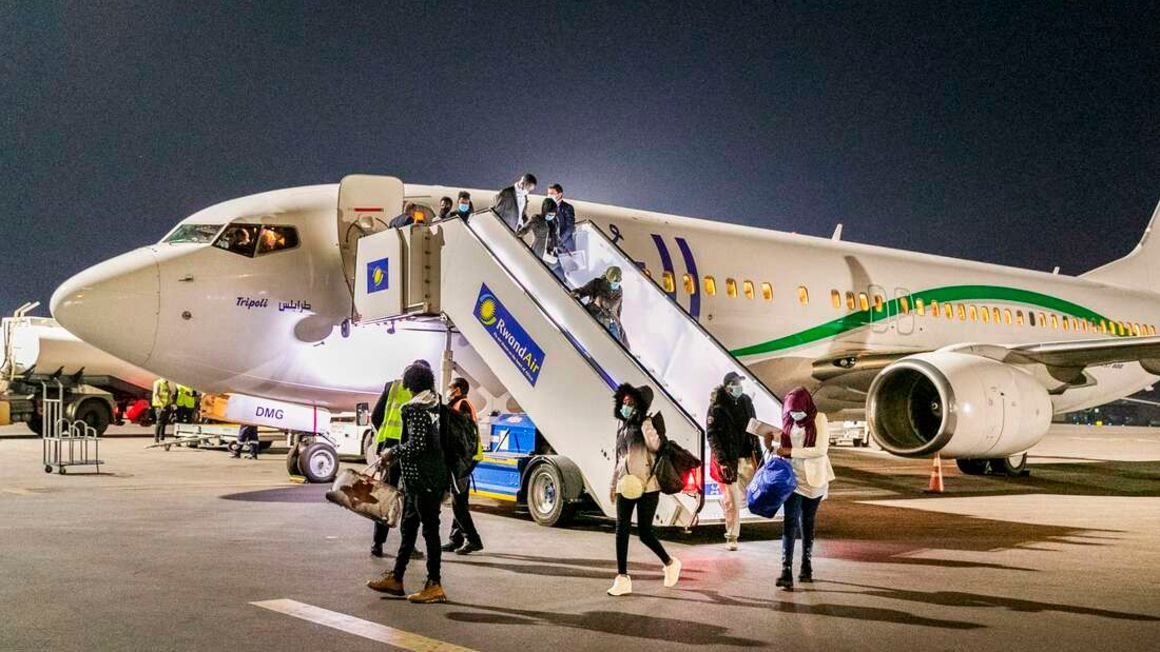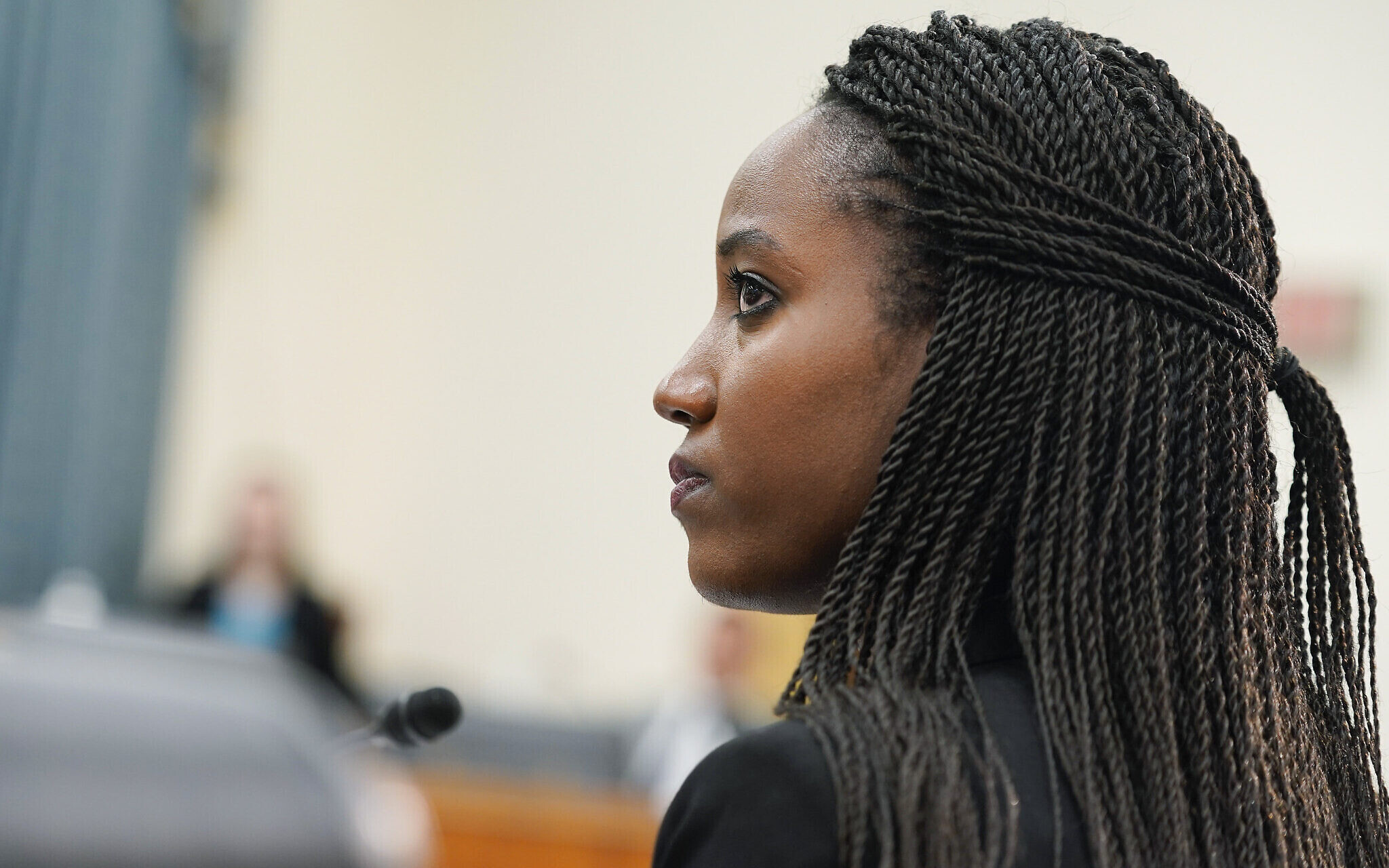International
Old wine in new bottle
HRW gets new executive director. Will bias against Rwanda fade?

After
nearly 30 years as executive director of Human Rights Watch (HRW), Kenneth Roth
on August 31 stepped down leaving Tirana Hassan (formerly at Amnesty
International) as interim director.
For
so long, what HRW has done regards Rwanda is not human rights advocacy but
political advocacy – which is always extremely deceitful. Falsifying reports
aimed at tarnishing the Rwandan government’s image is HRW’s routine. Throughout
Roth’s tenure, HRW constantly bullied Rwanda with reports always based on
information obtained from fugitives from justice, and organisations operating
outside Rwanda, or what they consider as the internal political opposition.
In
so doing, Richard Johnson, a retired American diplomat who invested time in
exposing the organization, noted, HRW’s discourse on Rwanda, over the years, was
“viscerally hostile to the Rwandan Patriotic Front (RPF)” which defeated the
genocidal Hutu Power regime in 1994, and systematically biased in favor of
letting unrepentant Hutu Power political forces back into Rwandan political
life.
“HRW’s
discourse on Rwanda is a threat to that country and to peace and stability in
Central Africa. It discourages Western governments from doing what they should
to support Rwanda’s recovery from the 1994 genocide. It perpetuates impunity
for important genocide perpetrators,” Johnson wrote.
“It
pains many Rwandans and particularly the genocide survivors. It crowds out the
potential for a more constructive dialogue between the West and Rwanda, and
raises the risks of cynicism and a bunker mentality in Kigali.”
Above all, Johnson noted, HRW’s discourse on
Rwanda encourages the leaders of the still extant “Hutu Power” movement -- most
visible as a small stratum of upper class extremists among the Rwandan diaspora
who are unrepentant about and often implicated in the 1994 genocide against the
Rwandan Tutsi -- to keep blowing on the embers of that genocide in the hope of
restoring Hutu Power governance in Rwanda.
HRW
bolstered its campaign to make Hutu Power parties look good and thus worthy of
renewed participation in Rwanda politics by also trying to make Rwandan laws
that keep them out look bad.
“Thus
its desired picture is complete: Rwanda uses aberrant laws to persecute
legitimate opposition parties. This has achieved the status of a “meme” in
Western discourse about Rwanda. Rwanda’s post-genocide constitution and laws
restrict the freedoms of speech and association by banning genocide ideology,
genocide denial, discrimination, sectarianism and divisionism.”
Like
Johnson rightly noted, this is not surprising given the role that extremist
ideology and politics played in generating massive participation in the 1994 genocide
against the Tutsi, and is comparable to the course Germany took after its
experience with Nazism. HRW has never recognized that the 1994 Genocide against
the Tutsi gives Rwanda legitimate grounds to interpret international legal
norms on freedom of speech and association differently than does the US.
The
more Johnson learned about Rwanda, the less he trusted HRW. The decisive
eye-opener for him was HRW’s campaign for the FDU/RDR to be included in
Rwanda’s election in 2010. FDU-Inkingi is a coalition of Rwandan opposition
groups established in April 2006 as an alliance of the Republican Rally for
Democracy in Rwanda (RDR), Action for Impartial International Justice in
Rwanda, the Democratic Forces for Resistance and the Rwandan Democratic
Alliance. The then RDR leader, Victoire Ingabire Umuhoza, continues to be
propped up by HRW despite her sinister agenda, and past. The RDR was created in
March 1995, in a meeting chaired by Gen Augustin Bizimungu, chief of staff of
the army that backed the 1994 Genocide, in a refugee camp in eastern DRC.
“There
is something seriously wrong with an institution that wants a political party
founded by the leaders of a genocide to be allowed back in to the scene of
their crime. It is dangerous when this institution has the power to influence
Western policy.”
In
the 2010 presidential election, HRW campaigned for Ingabire's party, presenting
her as a credible ‘opponent’ to confirm its longstanding portrayal of the
RPF-led Rwandan government as anti-democratic, and reported the election as
flawed because FDU was not allowed to contest. They ignored the reasons why the
likes of FDU, and any other outfits Ingabire and her backers form, don’t
deserve space – to sow hatred and division – in the Rwandan nation.
Always,
HRW’s tales intentionally lacked clarity on the nature of FDU, an entity whose
core component was the RDR, the direct political heir of the Hutu Power regime
which perpetrated the 1994 Genocide against the Tutsi.
In
2011, HRW reported that ‘some’ FDLR members repatriated but ‘many’ still
operate in DRC because Rwanda has no political space and independent judiciary.
Contrary, more than 27,000 FDLR members returned home from the DRC, between
1994 and 2009, and were reintegrated into Rwandan society. HRW's claim that
Rwanda lacks political space and that this is what hinders FDLR’s return home
is not true, especially since many
members of the genocidal militia are held hostage by their leaders. The FDLR
was formed by the masterminds of the 1994 Genocide.
In
2017, HRW published another report: “All thieves must be killed,” which
fabricated lies about extrajudicial killings in Rwanda, in an attempt to gain
cheap popularity as it usually does. HRW also released another report: “Rwanda:
Unlawful Military Detention, Torture,” in the same year, alleging that Rwanda’s
military unlawfully detains and tortures people. Every other year, they will
plot and concot lies aimed at tarnishing the image of the Rwandan government.
One
wonders why, HRW, a US-based organization, is not advocating for serious
matters such as gun control but puts so much energy and money into attacking
third world countries and governments. There were only 15 days in 2021when US
police officers did not kill people as Mapping Police Violence reported.
Data represented in Mapping Police Violence, organization that publishes
the most comprehensive and up-to-date data on police violence in America, is
the most comprehensive accounting of people killed by police since 2013. The
majority of victims were not even accused of any crime. And, 98.3% of the
police officers who shot the people were never tried. But has HRW ever
condemned this?
HRW
will never change its stance on Rwanda, or any country on its long target list.
Having a new, or interim, executive director will not change anything about how
the organisation reports on these countries. The shadowy owners of HRW have an
agenda. Every executive director will do what the masters want.






